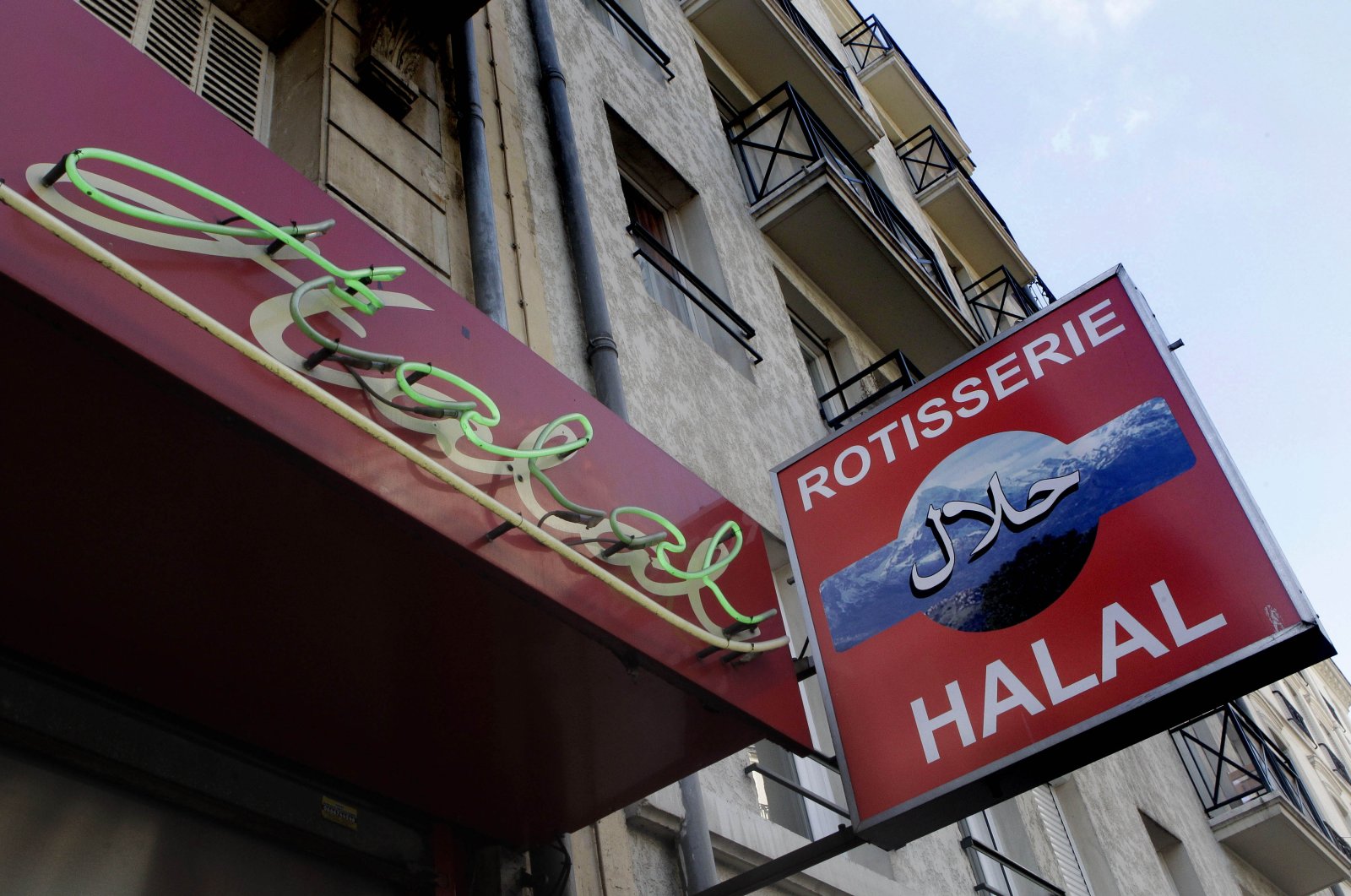By Rushdi Siddiqui
 The forty-year old, $1.2 trillion Islamic finance industry needs to take stock and look in the mirror and examine the reflection holistically. Have we arrived at the ‘reset’ moment that every relationship, in this case, faith and finance, must surely undergo?
The forty-year old, $1.2 trillion Islamic finance industry needs to take stock and look in the mirror and examine the reflection holistically. Have we arrived at the ‘reset’ moment that every relationship, in this case, faith and finance, must surely undergo?
This fortnightly column, Participation Finance/Banking, will be about the signposts, speed bumps, potholes, and detours on the road ahead in Islamic finance. It’s about addressing the present challenges for tomorrow’s deliverables, changing today’s dialogue for tomorrow’s conversations, and focusing on the substance over form so we move towards financing/banking (with established rules) and away from sole reliance on the faith.
The range of topics are from a high level, jet engine, (making Islamic finance conventionally efficient for information intermediation), from a medium level, helicopter, (internationalisation of Islamic finance), from a ground level, (level playing field), and from a grass-roots level, (non-bankable financial inclusion, including the $640 billion halal industry).
Today, it’s about: What’s in the name?
Labels
Well-accepted labels convey information and message(s) on quality, durability, performance, customer service, etc. What does the brand of Islamic finance convey to Muslims and non-Muslims?
All of us in the Islamic finance space have been asked, be it by man on the street, media or regulator, what is Islamic finance/banking? The answers are practical; collateral based capital, or are about its lofty attributes; social justice, financial inclusion, etc., or its prohibitions against interest, uncertainty, speculation, etc.
It’s well known that everything is permissible in Islamic finance, unless one of the pre-conditions is violated.
Others say it embodies ethics, but does that imply pre-existing is unethical, hence, passing judgment? Although, ethics creates a mental picture of ‘equity or equitableness,’ ethics is subjective and subject to interpretation.
Sharing Risk
The essence of Islamic finance/banking is the risk sharing participation, combining venture capital and mutual funds, where all participants have a ‘skin’ in the game, including not just capital providers, but efforts of managers and reputation of the project. Thus, an inclusive approach, irrespective of religion, where ‘profit’ is encouraged, however, profiteering, usually at counter party’s expense, is discouraged and prohibited. It’s capital with a human face.
This is what the ‘impacted person on the street’ in Europe and the US has been asking or, more appropriately, demanding since 2008 of their banks via the regulator. Thus, has the moral hazard of profiteering become a systemic risk to the global banking industry?
As Islamic finance is a subset of conventional, it’s in the better interest of the industry to be invited and engaged at the table on the collective way forward. However, the secular finance industry, $100 trillion, will not take spiritual finance, at $1 trillion, unless the latter better positions the substance of movement that connects with the former’s gaps.
Naming & ?blaming
Islamic finance may possibly grow and develop faster, deeper and further with a single adjustment! Let’s take a step back and look at recent developments globally:
- The push back against Islamic finance in India and Nigeria has not been about the substance, but about the raw (1) emotions, typically associated with state ‘endorsing’ a religion (violating the establishment clause, i.e., one religion over another) making (2) inroads into secular democracies, hence, (3) eroding the constitution in theory.
- The perception Islamic finance is only for Muslims.
- At the grass roots level, many Muslims typically raise the question, ‘what’s the difference (to conventional finance),’ and often seen as ‘smoke and mirrors.’
- There is a coordinated anti-Shariah movement in several non-Muslims countries, where linking Islamic finance to financing terrorism. Those practising in Islamic finance in Muslim countries will neither understand nor appreciate the gravity of situation.
There is also a recognition, by selected sovereigns and at private sector level, about the limitations and implicit messages in calling the movement with ‘Islamic.’ For example, not one Islamic bank in Saudi Arabia has ‘Islamic’ in its title. If one were to have Islamic in its title, would it imply rest are un-Islamic?
Furthermore, Bahrain-based Islamic investment bank, Arcapita was initially called First Islamic Investment Bank at launch. It subsequently changed its names as it became more international and wanted to be invited to the table for deals.
Finally, Turkey, a G-20 country, with a history of anti-Shariah sentiments, calls Islamic finance, ‘Participation Finance/Banking.’
The purists in Islamic finance believe modifying the name changes its character and its soul.
Character is foundational substance and not fleeting form.
The writer is Global Head of Islamic Finance & OIC Countries for Thomson Reuters. Views expressed by the author are his own and do not reflect the newspaper’s policy



